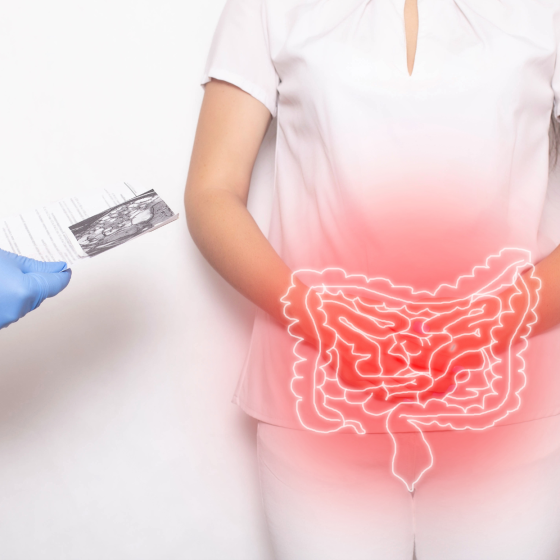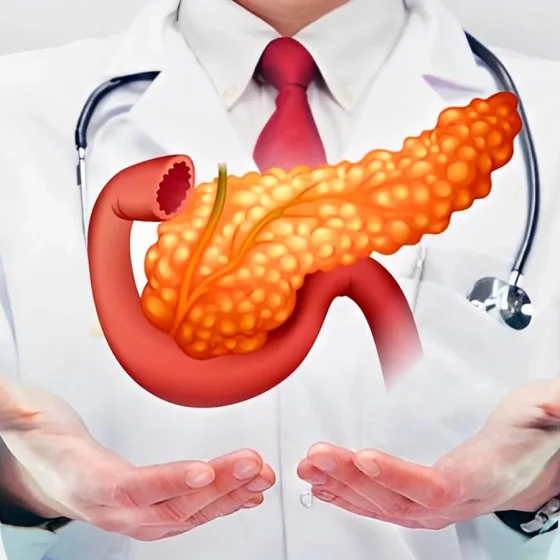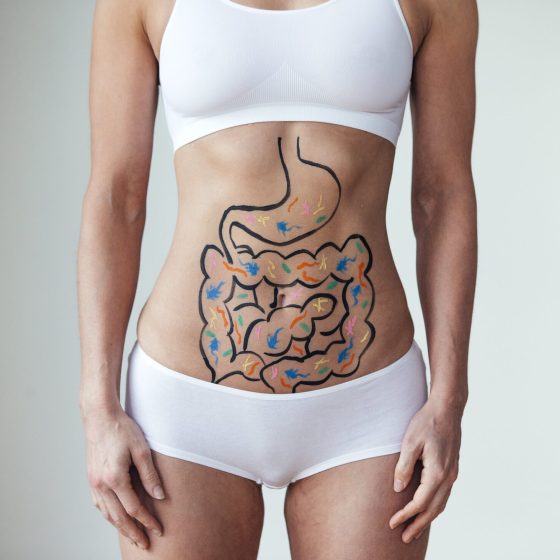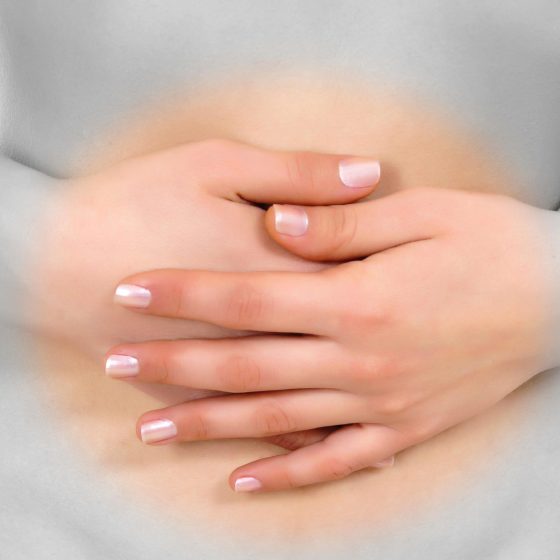Ulcerative colitis
Key facts Ulcerative colitis (UC) is a type of inflammatory bowel disease. Ulcerative colitis is an autoimmune condition — this means that it’s caused by a problem with your immune system. Symptoms can include abdominal (tummy) pain, diarrhoea and blood and mucus in your stool (poo). Treatments are available to reduce the inflammation, treat your symptoms and help prevent complications. What is ulcerative colitis? Ulcerative colitis (UC) is an inflammatory bowel disease. It’s sometimes referred to simply as ‘colitis’. Ulcerative colitis causes inflammation in your large bowel and rectum. This can lead to symptoms such as abdominal pain and diarrhoea.








